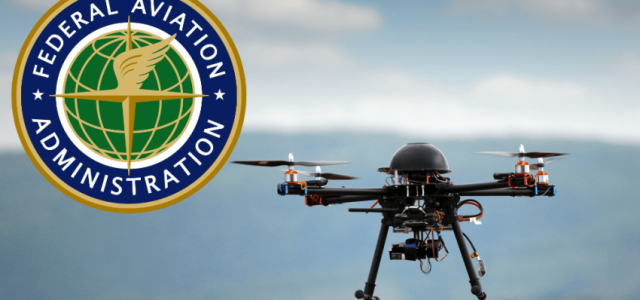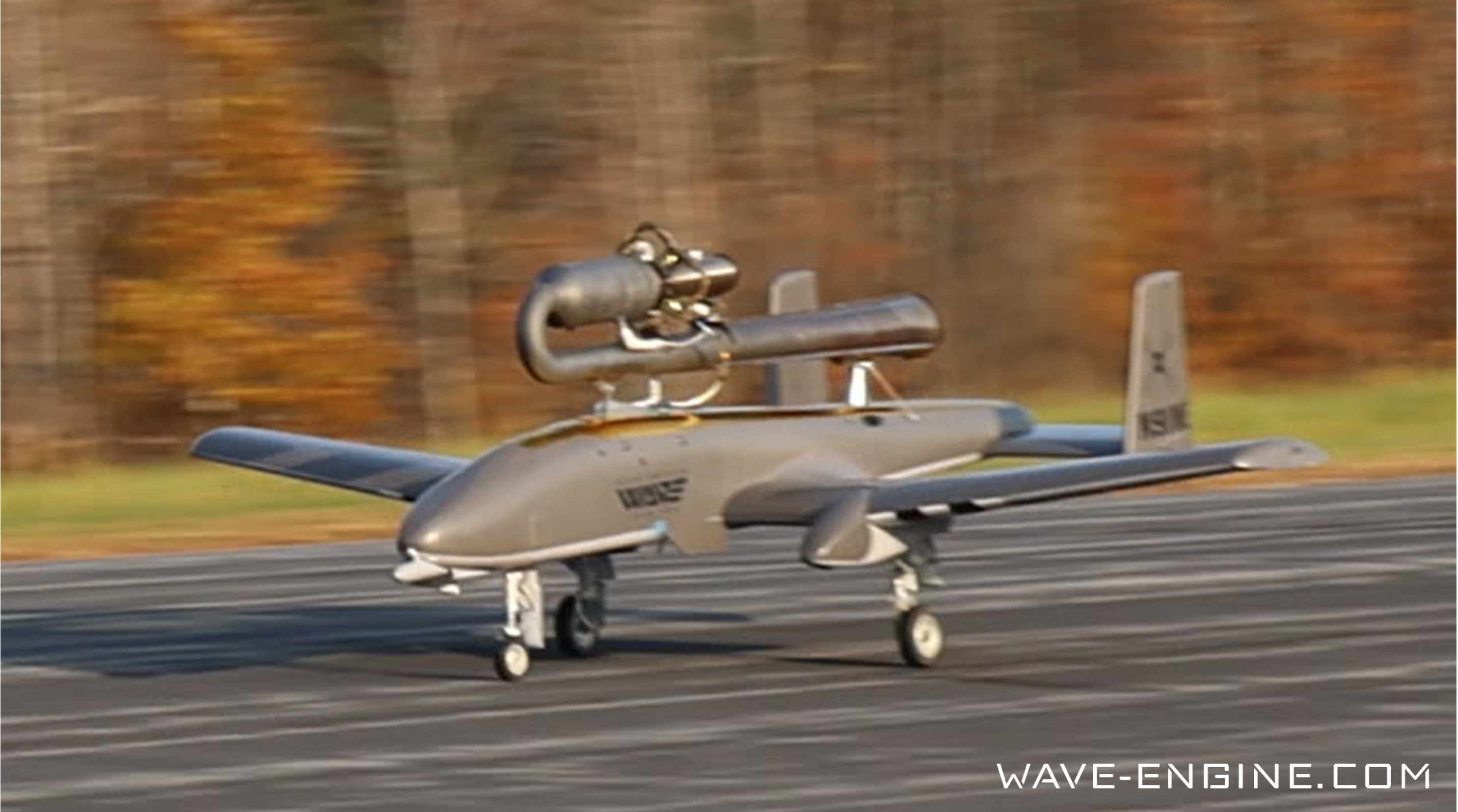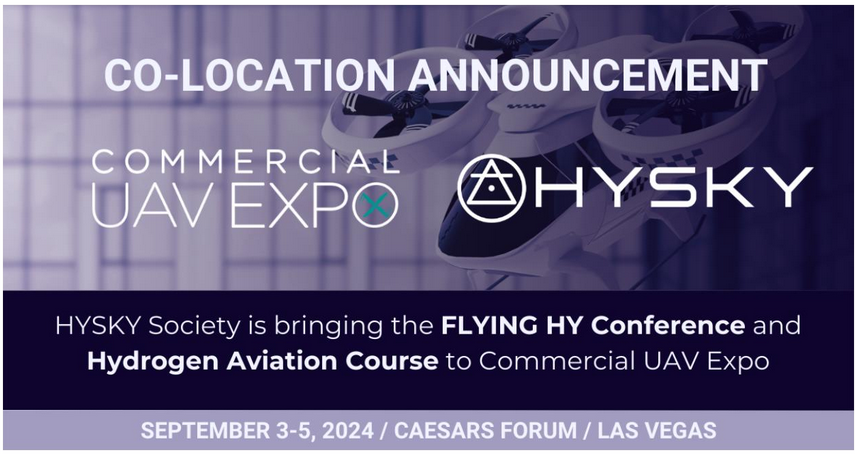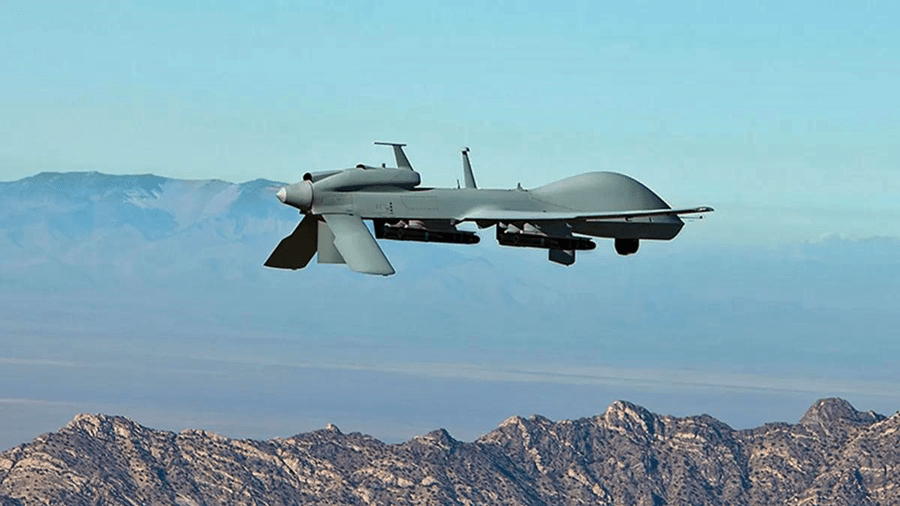FAA Registration Required! Congress has just finalized legislation that will reverse the earlier court ruling in the John Taylor case that restores the FAA’s UAS registration requirement, and on December 12, 2017, President Trump signed the legislation into law. This legislation—the National Defense Authorization Act for Fiscal Year 2018— requires pilots of drones and RC aircraft to register with the FAA at
registermyuas.faa.gov and pay a $5 fee. If you already registered, you will not have to
register again since this bill simply reverses the John Taylor case, but if you requested a refund and asked to be removed from the registration list, there is a good chance you will have to reregister. Call 877-396-4636 to check the status of your registration.
And an update from our Legal View columnist:
This drone law update is brief, with updates on the Singer v. City of Newton case, new hobby registration in the works from Congress, and a new UAS Pilot Program. First, the City of Newton, Massachusetts, has filed an appeal challenging Michael Singer’s win in federal district court. Many of you will recall that, in the case of Singer v. City of Newton, the district court had found that a number of rules in the City of Newton’s drone ordinance are preempted by federal law. Second, it appears Congress has passed a new bill requiring those who fly radio-control model airplanes and drones recreationally to register their small unmanned aircraft (under 55 pounds) with the FAA. As of this writing, the bill awaits President Trump’s signature.
Here is the text of HR 2810, Section 1092 (d):
RESTORATION OF RULES FOR REGISTR ATION AND MARKING OF UNMANNED AIRCRAFT.—The rules adopted by the Administrator of the Federal Aviation Administration in the matter of registration and marking requirements for small unmanned aircraft (FAA-2015-7396; published on December 16, 2015) that were vacated by the United States Court of Appeals for the District of Columbia Circuit in Taylor v. Huerta (No. 15-1495; decided on May 19, 2017) shall be restored to effect on the date of enactment of this Act.
Personally, I think it is silly to require new federal registration of those small model aircraft (planes, helicopters, quads, etc.) that cannot be flown beyond visual line of sight because they lack flight-controller technology. There is no such distinction, however, in the text of the proposed law, which is part of a much larger bill for defense spending. Third, President Trump and U.S. Department of Transportation Secretary Elaine Chao announced a new UAS Integration Program “to safely test and validate advanced operations for drones in partnership with state and local governments in select jurisdictions.” Private companies that wish to be partnered with lead applicants (i.e., state, local, and tribal governments) may wish to register. “Industries that could see immediate opportunities from the program include commerce, photography, emergency management, precision agriculture, and infrastructure inspections and monitoring.” Please note that the deadline for filing the required Notice of Intent by Lead Applicants has already passed. Visit faa.gov for details.
One of the Antonelli Law firm clients has partnered with a local government seeking selection as one of the five pilot-program participants. We wish them luck and hope to be able to announce that they were selected by the pilot program. Best wishes for a terrific new year. Fly safe. —Jeffrey Antonelli



















